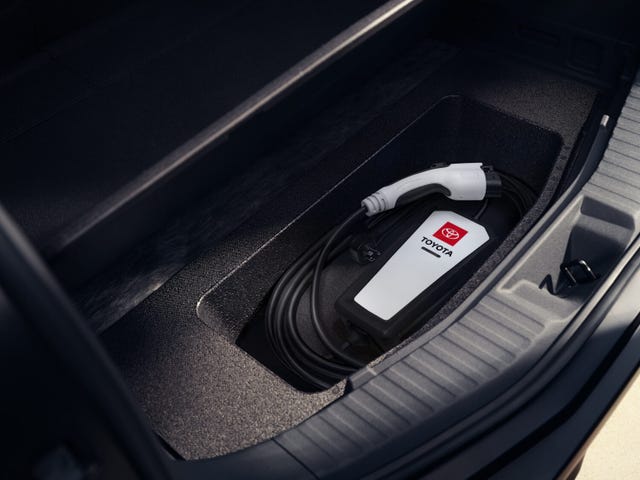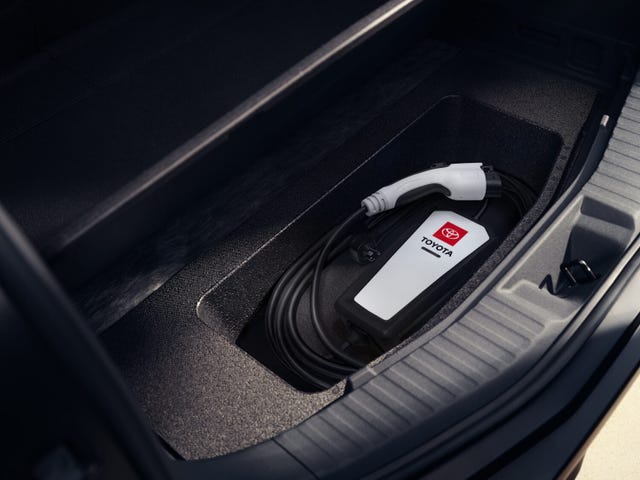Toyota’s Solid-State Battery Revolution
Akio Toyoda, Toyota Motor Company’s chairman and a seasoned racing driver known by his nickname “Morizo,” is spearheading a significant shift in the future of electric vehicles (EVs). With a deep understanding of what makes Toyotas perform, Toyoda is investing heavily in solid-state battery technology, aiming to integrate it into customer vehicles as early as 2027, with mass production slated for 2030 and beyond.
The current EV landscape has seen a plateau in battery technology improvement since its early days in the 2010s. Most modern EVs now offer around 300 miles of range, according to the Environmental Defense Fund. To break through this barrier, many automakers, including Toyota, are turning to solid-state batteries as the next significant advancement.
What Makes Solid-State Batteries Revolutionary?
Solid-state batteries replace the liquid electrolytes used in traditional lithium-ion batteries with solid materials. This change allows for faster ion movement and greater tolerance to high voltages and temperatures, resulting in several key benefits:
- Longer range: Toyota’s future batteries are expected to supply up to 620 miles of range.
- Faster charging: Capable of charging from 10% to 80% in under 10 minutes, comparable to refueling a gasoline vehicle.
- Enhanced safety: Solid electrolytes reduce the risk of fires.
- Increased energy density: Allowing for lighter and more powerful battery packs.
Toyota’s prototype solid-state batteries are remarkably compact, about the size and thickness of a thin spiral notebook. This technology could enable the production of higher-capacity battery packs that are both lighter and more powerful than current models.
Overcoming Current Battery Limitations
Heat management is a significant challenge for current battery technology. Rapid charging and discharging generate substantial heat, which has been a longstanding issue, particularly evident in high-performance EVs attempting to lap tracks like the Nurburgring Nordschleife. Even advanced fast-charging solutions developed by manufacturers like Volkswagen for their racing cars have struggled with heat dissipation.
Practical Benefits for Electric Vehicles
Beyond improved range and charging times, Toyota is exploring the aerodynamic advantages of solid-state batteries. By potentially reducing the height of battery packs from 150mm to as low as 100mm (with some configurations possibly reaching 120mm or even 100mm for performance EVs), vehicles could achieve a lower ride height. This reduction improves aerodynamics by lowering the coefficient of drag (CdA), thereby increasing effective range.
A Competitive Landscape
Toyota is not alone in pursuing solid-state battery technology. Other major automakers, including Nissan, Honda, Volkswagen, Mercedes-Benz, BMW, Ford, and Tesla, are also developing their own versions. Some manufacturers are considering hybrid batteries that combine solid and liquid electrolytes as a more immediate solution. While solid-state batteries offer numerous benefits, they also present challenges such as complicated production processes, longevity concerns, and swelling during charging.

As the automotive industry continues to evolve, Toyota’s advancements in solid-state battery technology could significantly impact the future of electric vehicles, offering enhanced performance, range, and efficiency.



